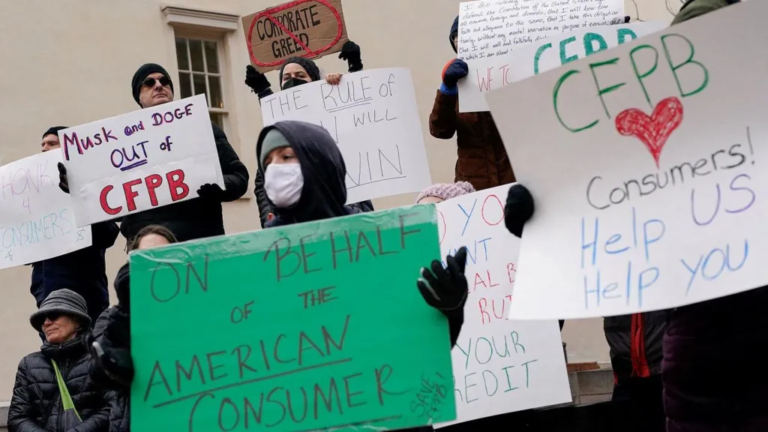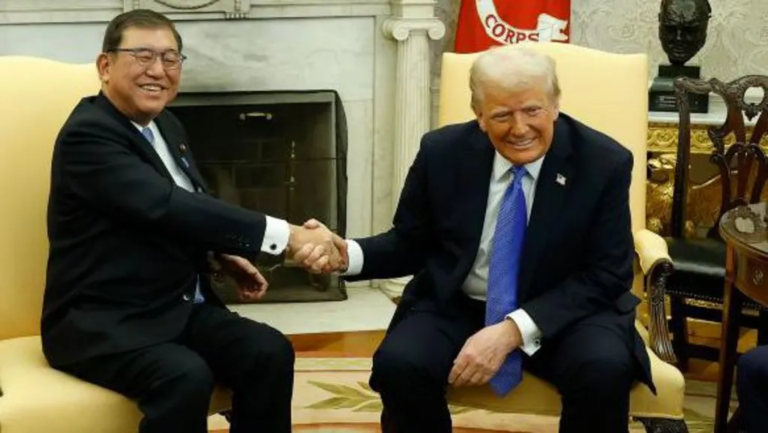Your Wi-Fi network is the backbone of your digital life, connecting all your devices and powering your online activities. But without proper safeguards, it’s also a potential entry point for cyber threats. Protecting your Wi-Fi is crucial for maintaining privacy and security. Follow these 9 best practices to ensure your network stays safe:

1. Change the Default SSID and Password
Your Wi-Fi router comes with a default SSID (network name) and password, which are often easy targets for hackers. Update both with unique and complex credentials to make it harder for unauthorized users to guess.
2. Use a Strong Encryption Protocol
Ensure your router is using the latest encryption standard, such as WPA3. If WPA3 isn’t available, opt for WPA2. Older protocols like WEP are outdated and vulnerable to attacks.
3. Regularly Update Your Router Firmware
Manufacturers frequently release firmware updates to address security vulnerabilities. Check for updates regularly and apply them to keep your router secure.
4. Disable Remote Access
Remote access allows you to manage your router from anywhere, but it also opens the door for hackers. Turn off remote access unless absolutely necessary to limit potential exposure.
5. Enable Network Firewalls
Most modern routers come with built-in firewalls. Ensure the firewall is enabled to act as an extra layer of defense against unauthorized access.
6. Use a Guest Network
If you have visitors who need internet access, set up a separate guest network. This isolates your primary network and prevents guests from accessing your personal devices.
7. Limit the Number of Connected Devices
Monitor and control how many devices are connected to your network. Disconnect any unfamiliar or unused devices to reduce potential vulnerabilities.
8. Turn Off Wi-Fi When Not in Use
If you’re going away for an extended period, turn off your router to eliminate any chance of unauthorized access while you’re not around.
9. Monitor Network Activity
Use your router’s admin dashboard to keep an eye on network activity. Look for unfamiliar devices or unusual traffic patterns, which may indicate unauthorized access.
Conclusion
Taking these steps will help you safeguard your Wi-Fi network from potential threats, ensuring your personal information and devices remain secure. By being proactive and vigilant, you can enjoy a safe and seamless online experience.























